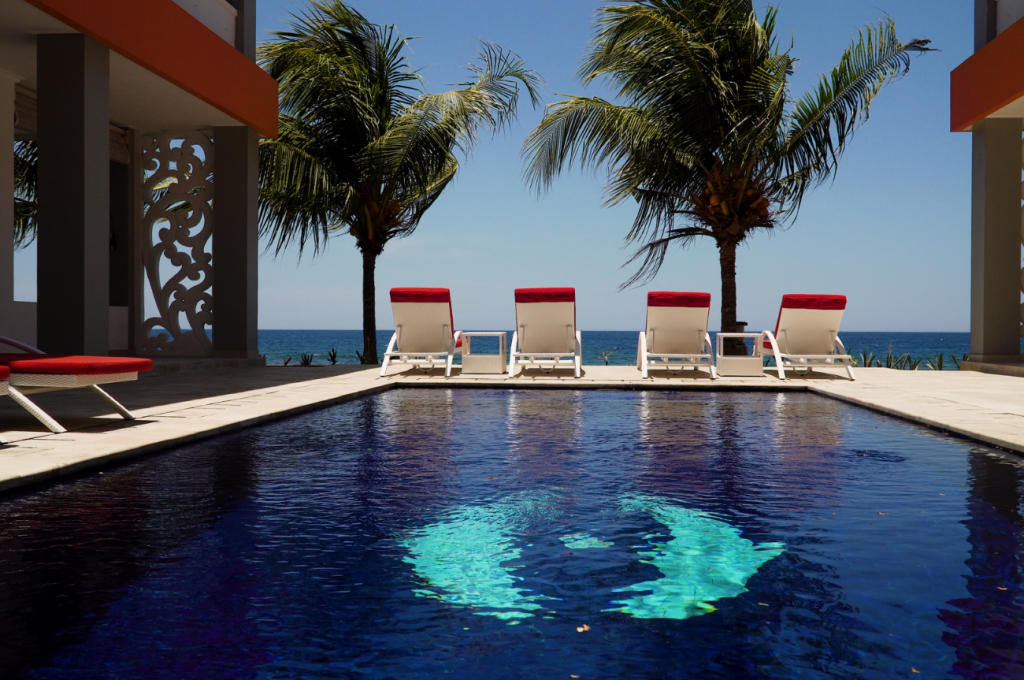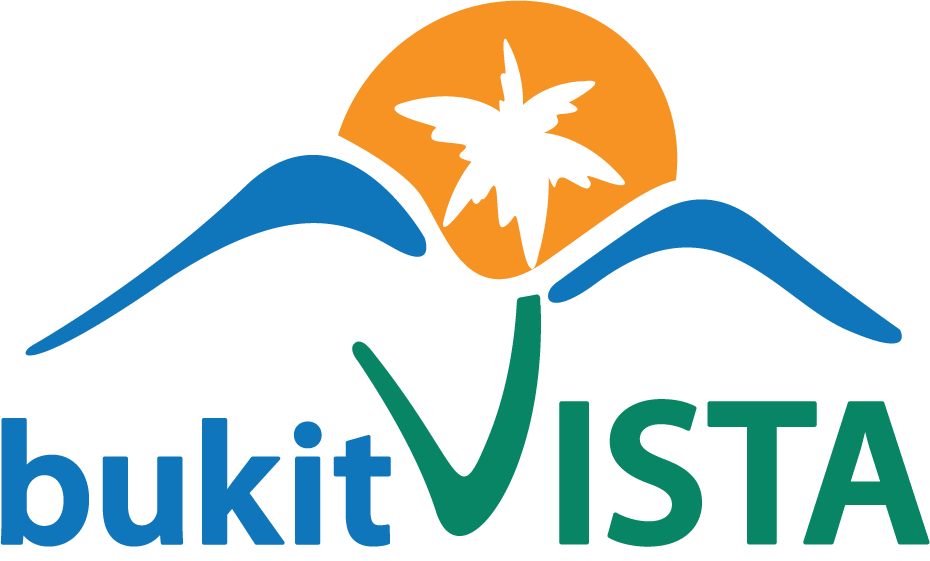Key drivers are reshaping Bali accommodation as digital distribution, behavioral shifts, and regulatory reform converge to redefine supply and demand. Hey, I’m Jason, Business Journalist at Bukit Vista, and in this article we’ll unpack how technology, evolving guest preferences, and the OSS-RBA framework are transforming Bali’s lodging landscape—unlocking new opportunities for developers, operators, and investors.
Digital Distribution: Democratizing Visibility and Revenue Management

The playing field for lodging in Bali has been leveled via online distribution. Online travel agents (OTAs) like Booking.com, Traveloka, Agoda, and Airbnb now offer non-branded and alternative operators the same global reach once reserved for chain-affiliated hotels. These platforms provide real-time pricing tools, targeted marketing, and revenue-management dashboards that small-scale operators can deploy with ease.
As a result, digital distribution enables OSS-RBA villas, boutique guesthouses, and hybrid models to optimize yield and occupancy just as effectively as luxury hotels. This democratization of visibility has driven a 23% surge in non-classified supply in 2024 versus a 1% increase for star-rated hotels, signaling a fundamental shift in how properties attract and convert guests.
Behavioral Shifts: Experience, Privacy, and Long-Stay Demand

Guest behavior in Bali is undergoing a profound transformation. Today’s travelers—digital nomads, wellness seekers, and free-independent travelers—prioritize privacy, personalization, and longer stays over standardized hotel experiences. They seek villas with private pools, boutique retreats with wellness programs, and hybrid properties offering co-working spaces and flexible check-in options.
These behavioral shifts are reshaping demand patterns: average stays at OSS-RBA villas now exceed four nights, and occupancy rates for eco-lodges hover around 70–80%, outpacing many star-rated hotels. Developers and operators who tailor designs and amenities to these preferences—by integrating local experiences, wellness offerings, and extended-stay packages—capture higher yields and stronger guest loyalty.
Regulatory Reform: OSS-RBA Framework Unlocks New Supply

The introduction of Indonesia’s OSS-RBA framework in 2021 marked a turning point for Bali hospitality. By linking licensing to risk-based criteria rather than star ratings, OSS-RBA simplifies permitting for villas, eco-resorts, and hybrid formats. Properties can now secure legal compliance without undergoing costly star classification, reducing barriers to entry and accelerating time to market.
This regulatory reform has fueled diversification of supply: non-classified inventory grew by 23% in 2024, compared with 1% growth among star-rated hotels. Emerging regencies such as Klungkung (+48%) and Bangli (+38%) led this expansion as developers capitalized on OSS-RBA clarity to establish digitally native, lifestyle-aligned lodging formats. As enforcement and zoning guidelines continue to mature, OSS-RBA properties will further cement their role in Bali’s accommodation ecosystem.
Conclusion: Key Drivers of Change in Bali Accommodation
The main factors changing the supply and demand for accommodation in Bali are the spread of technology, behavioral changes, and legislative reform. Stakeholders who harness these forces—by leveraging OTAs, designing for new guest behaviors, and embracing OSS-RBA compliance—will lead Bali’s next wave of lodging innovation and investment.
Take the First Step to Joining Our Community, Book Your Seat at Our Round Table Talk Today!
At Bukit Vista, we believe in creating lasting partnerships that help nagivate your property to the top 1% in this competitive season. Join us to discover how we can work together.
